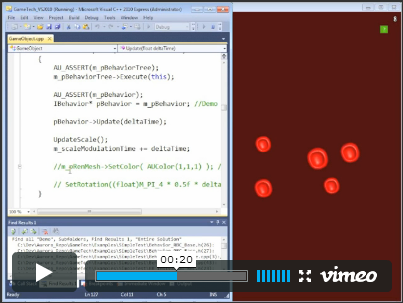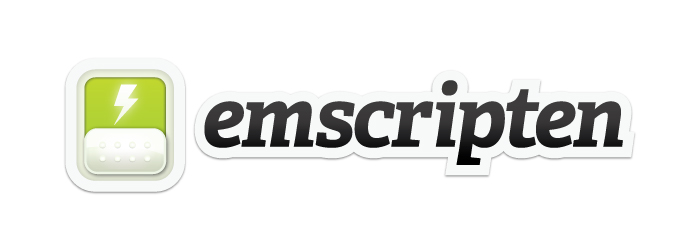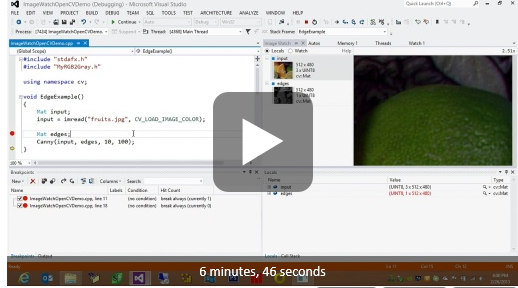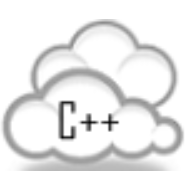Why is noexcept checked dynamically? -- StackOverflow

Why is C++0x's
noexceptchecked dynamically?I am curious about the rationale behind noexcept in the C++0x FCD.
throw(X)was [deprecated], butnoexceptseems to do the same thing. Is there a reason thatnoexceptisn't checked at compile time? It seems that it would be better if these functions were checked statically that they only dcalled throwing functions within atryblock.






